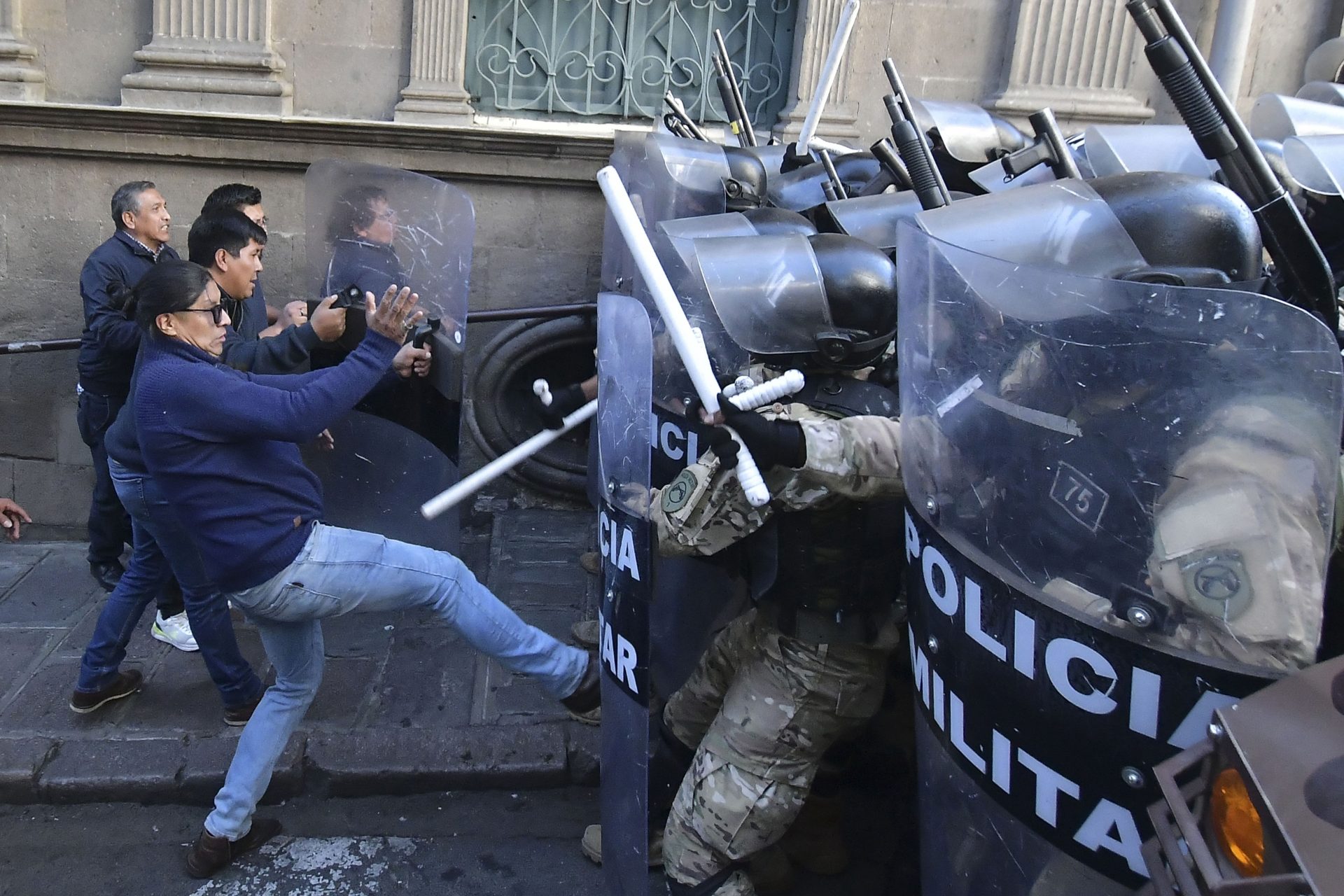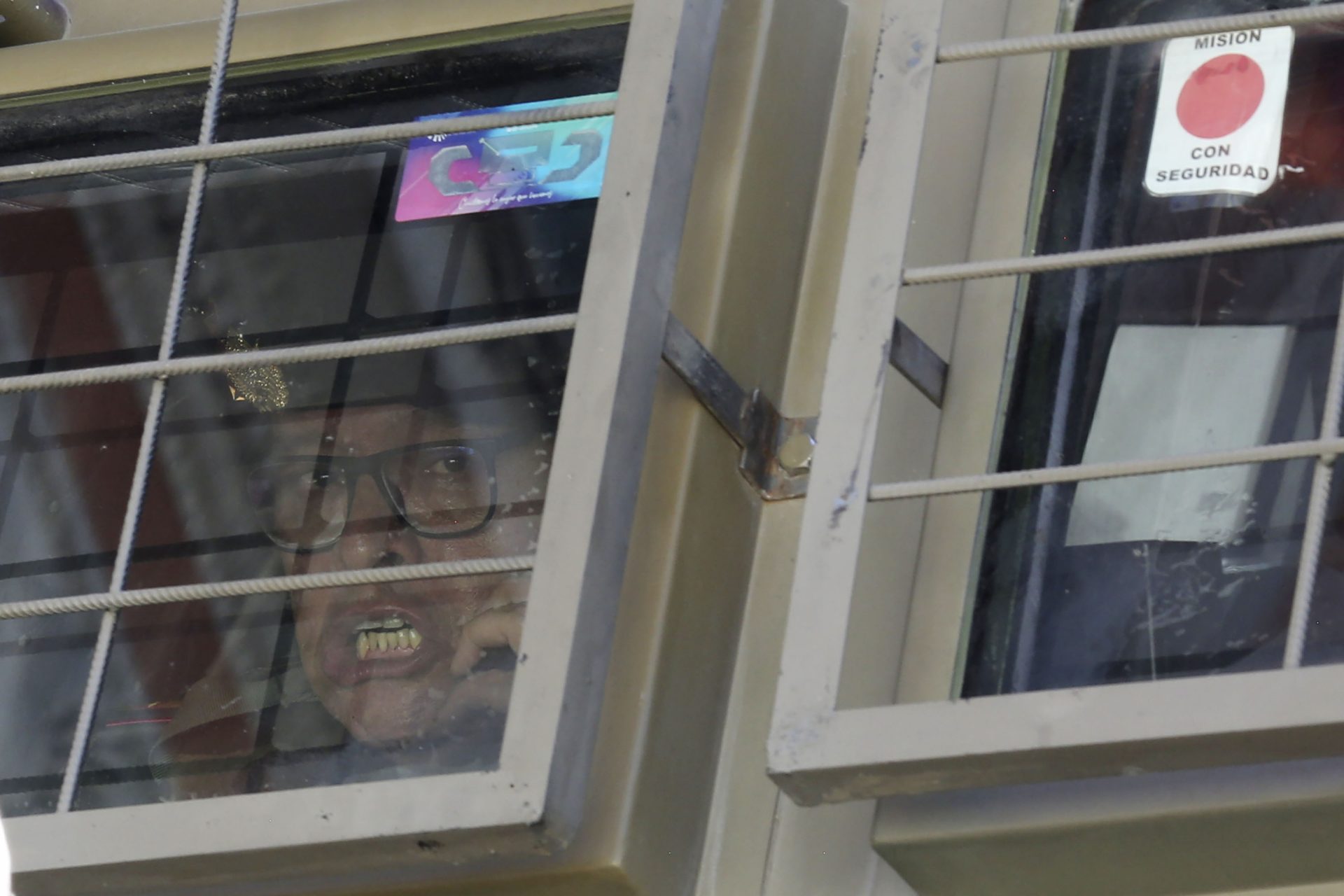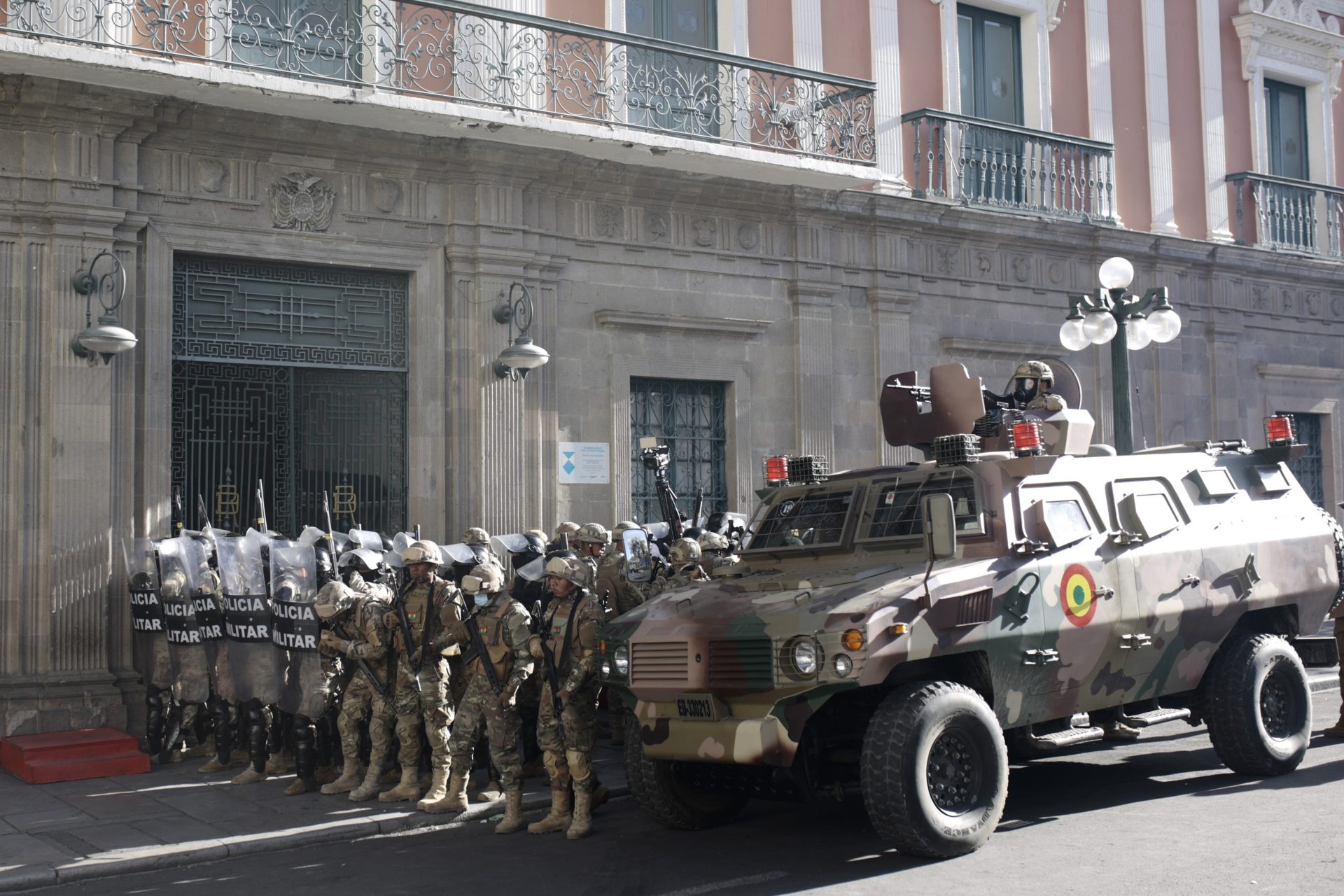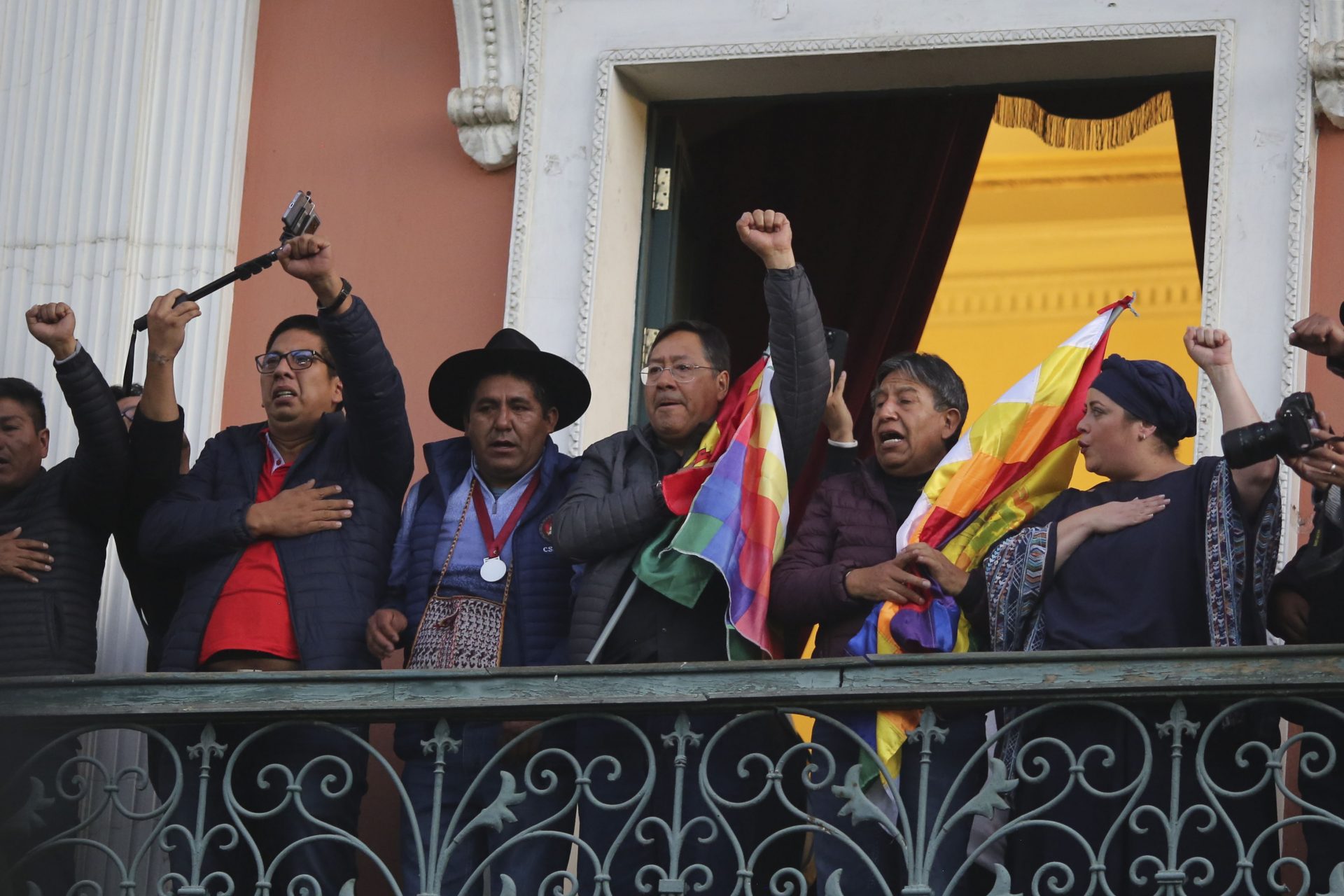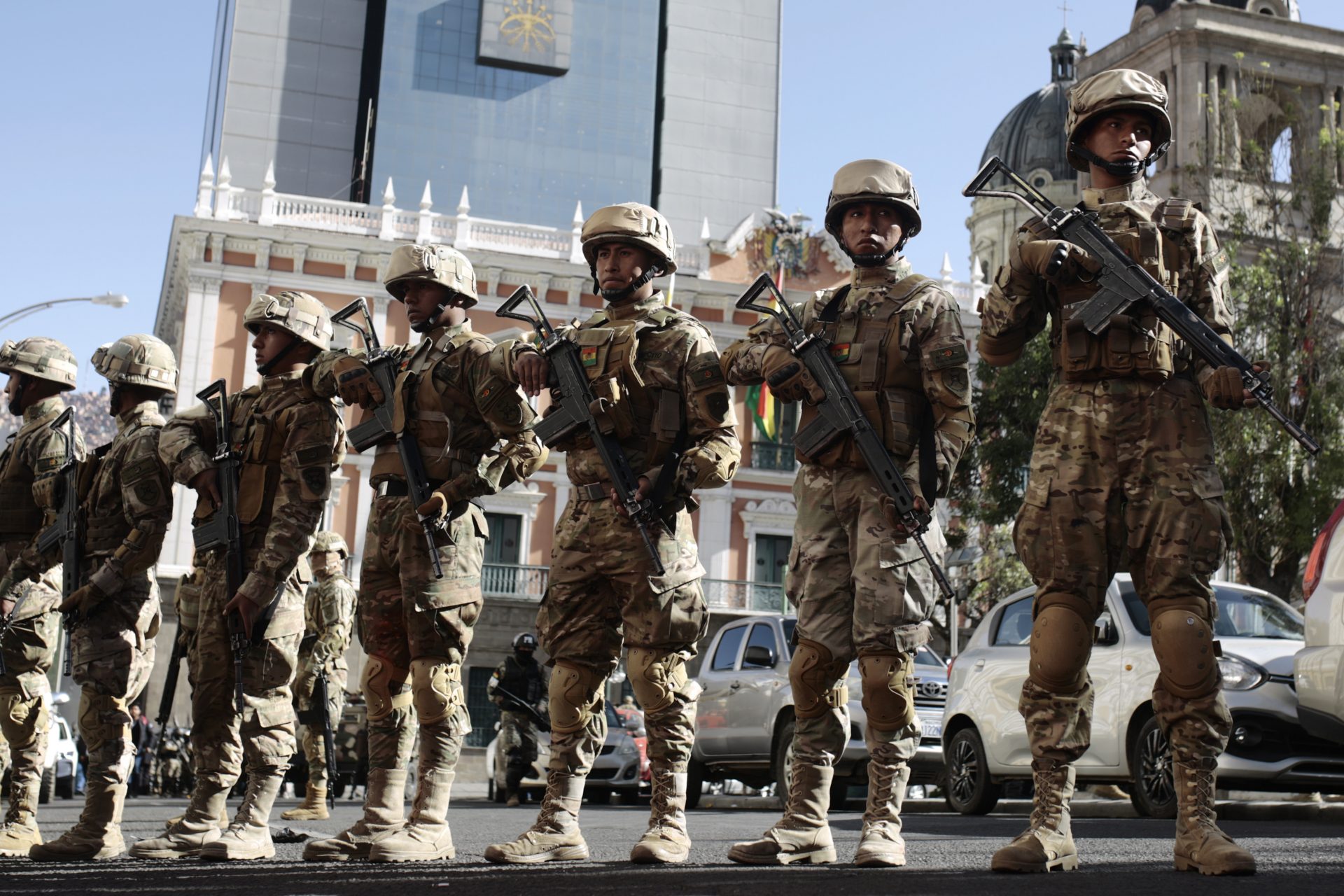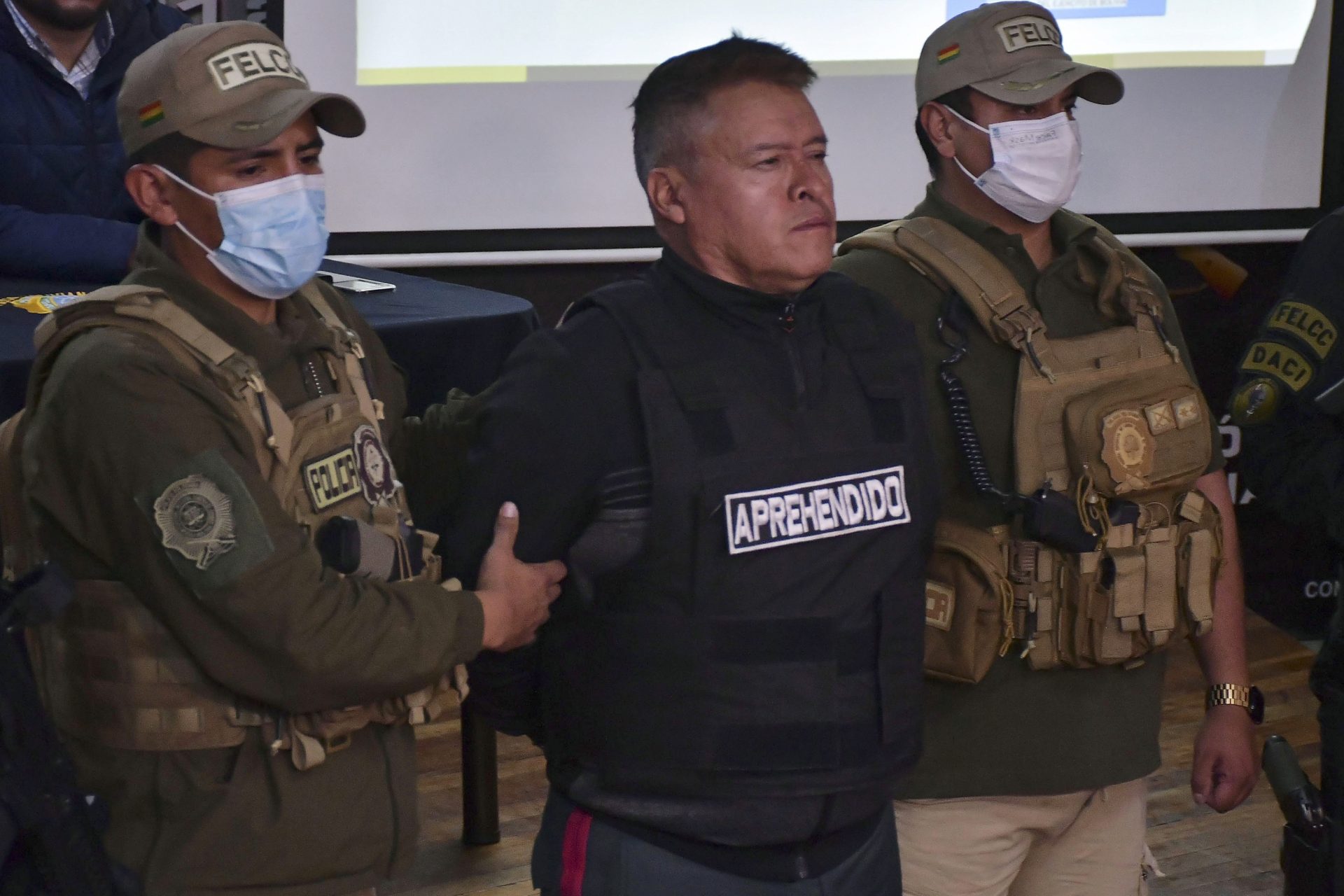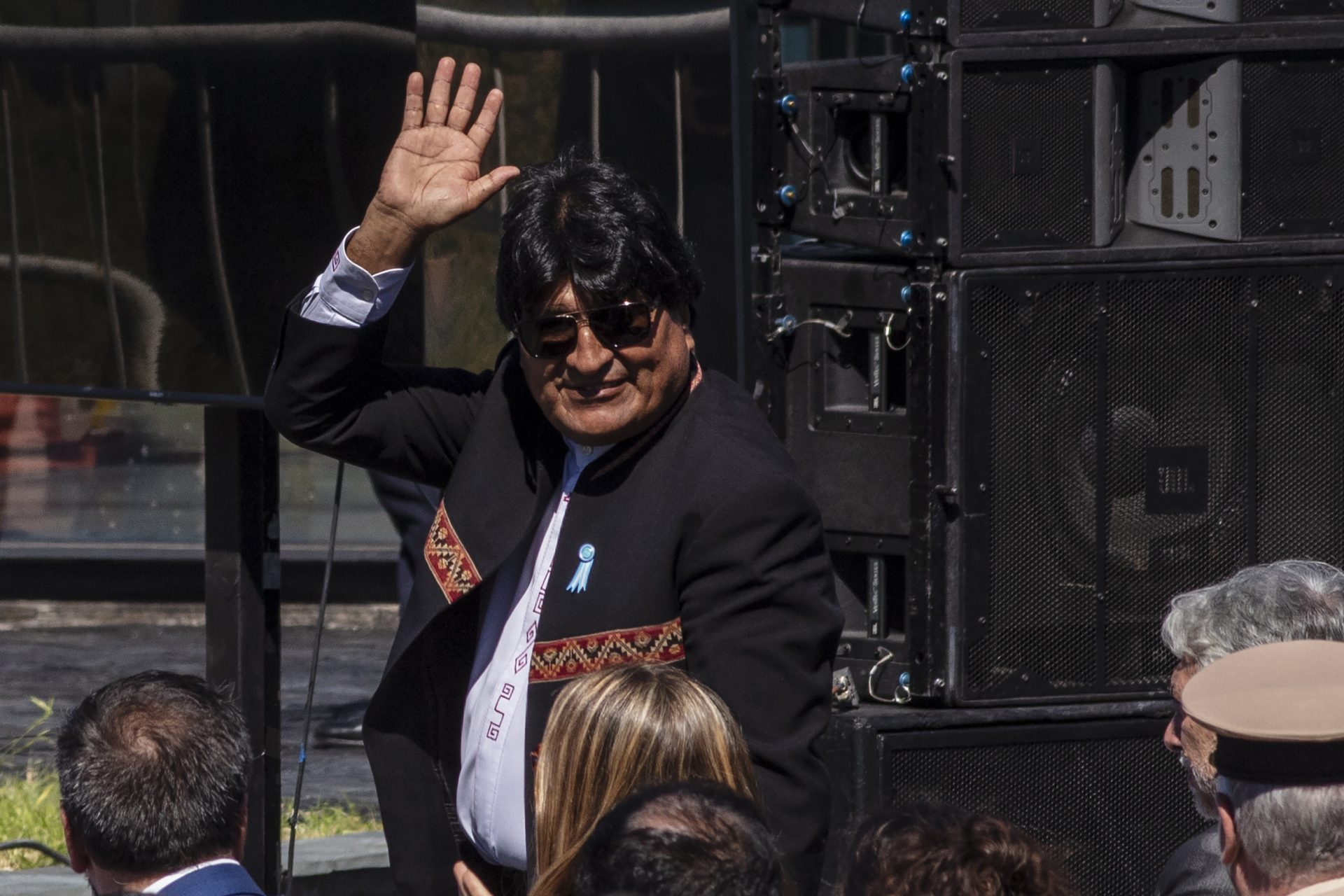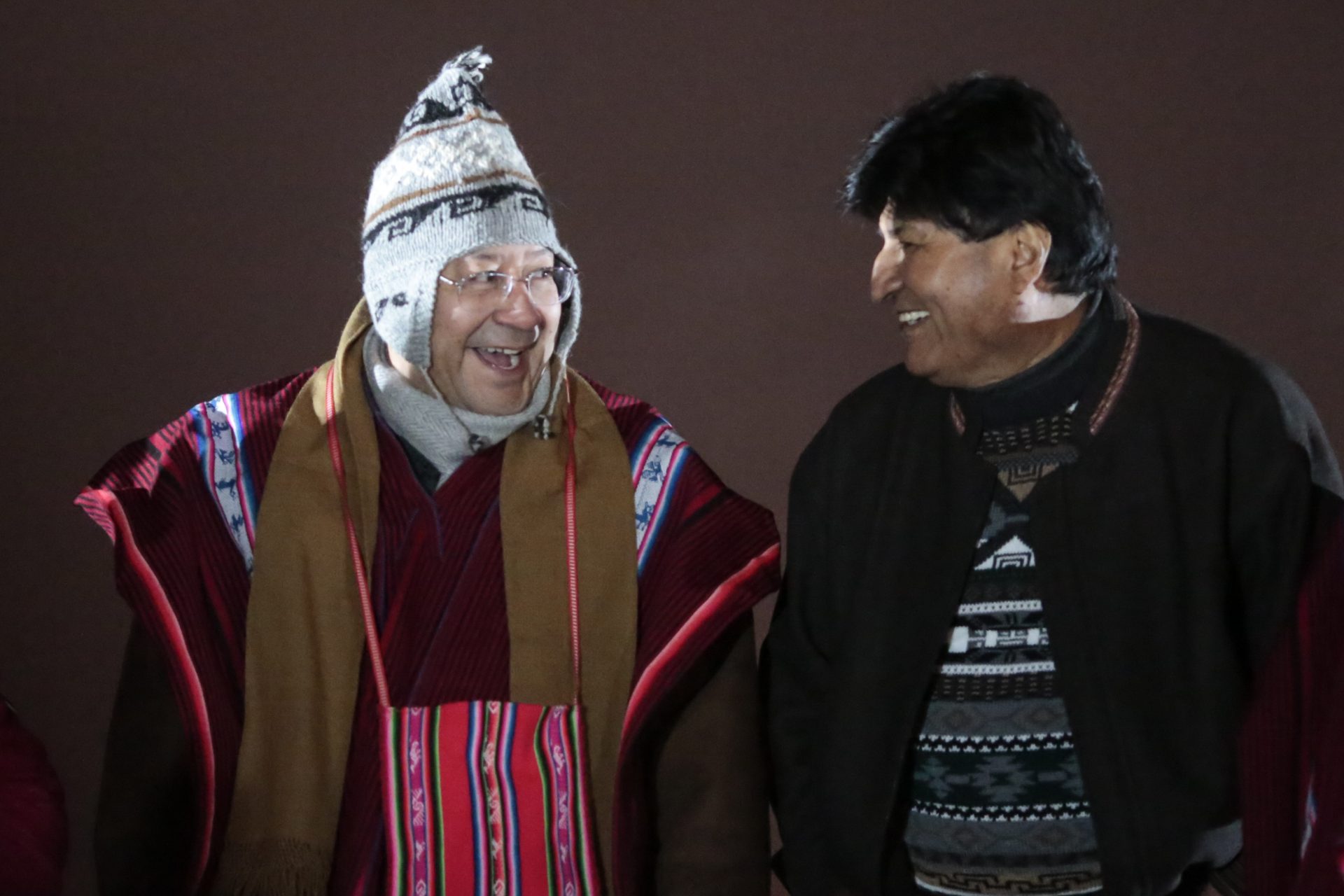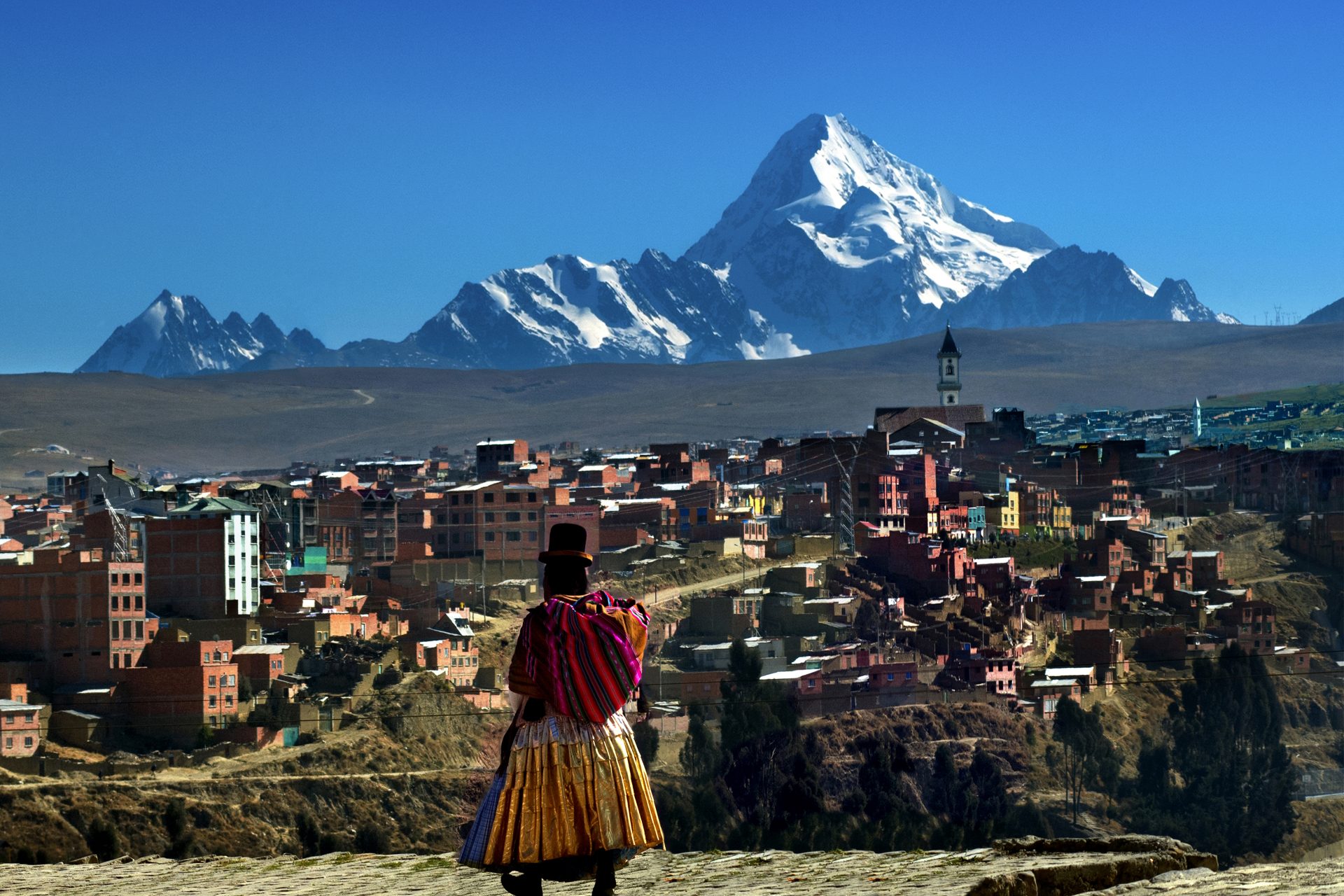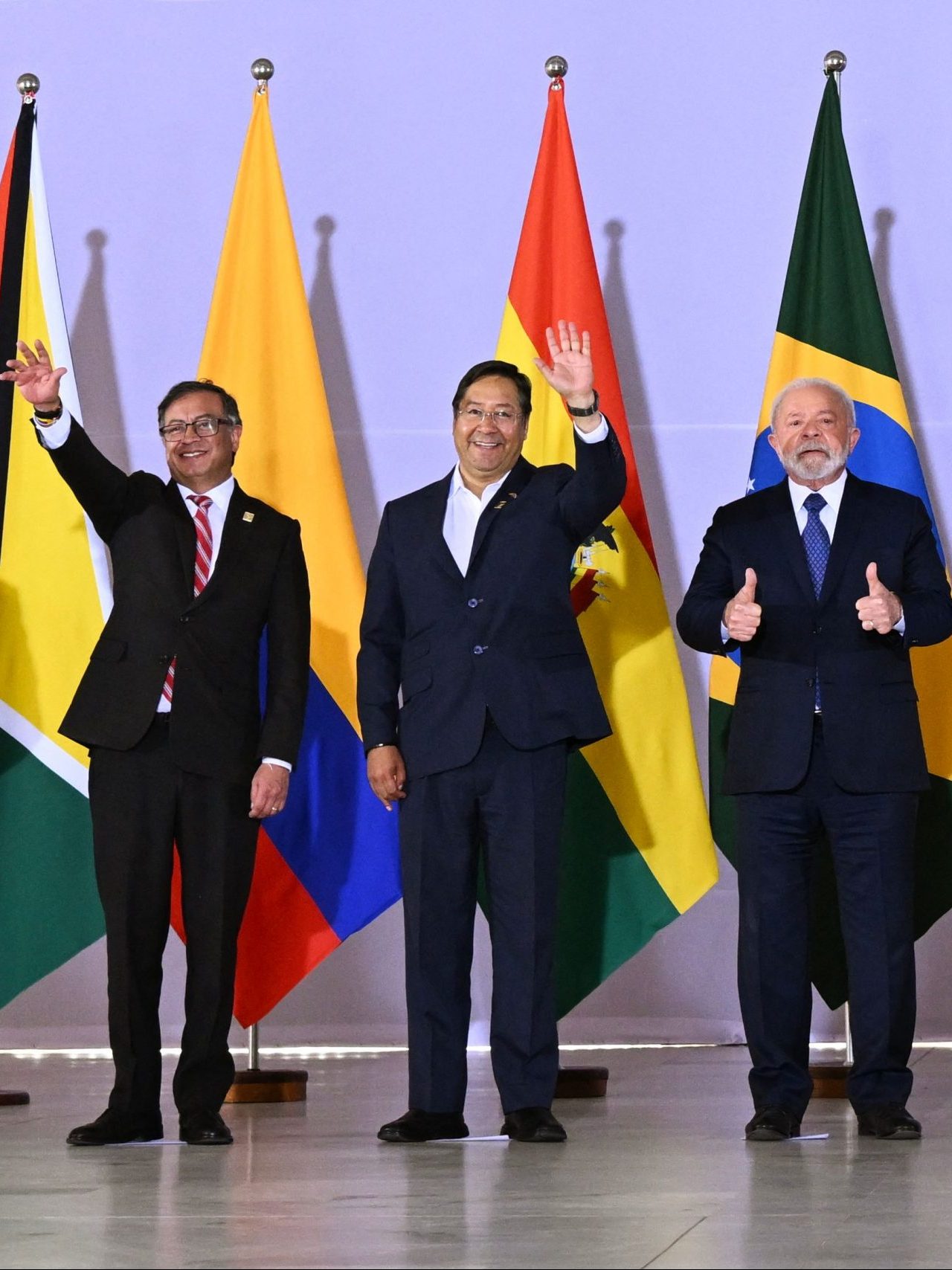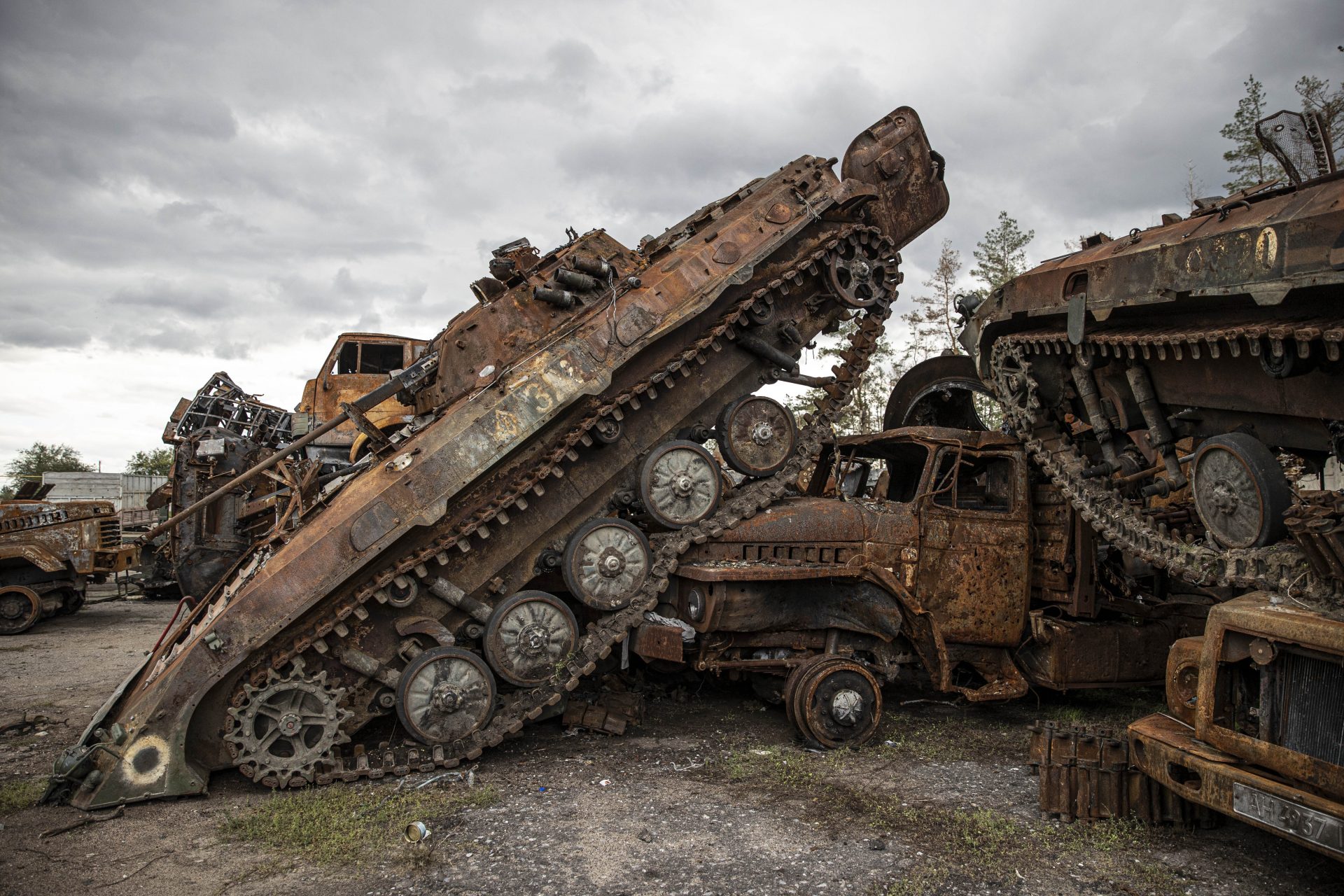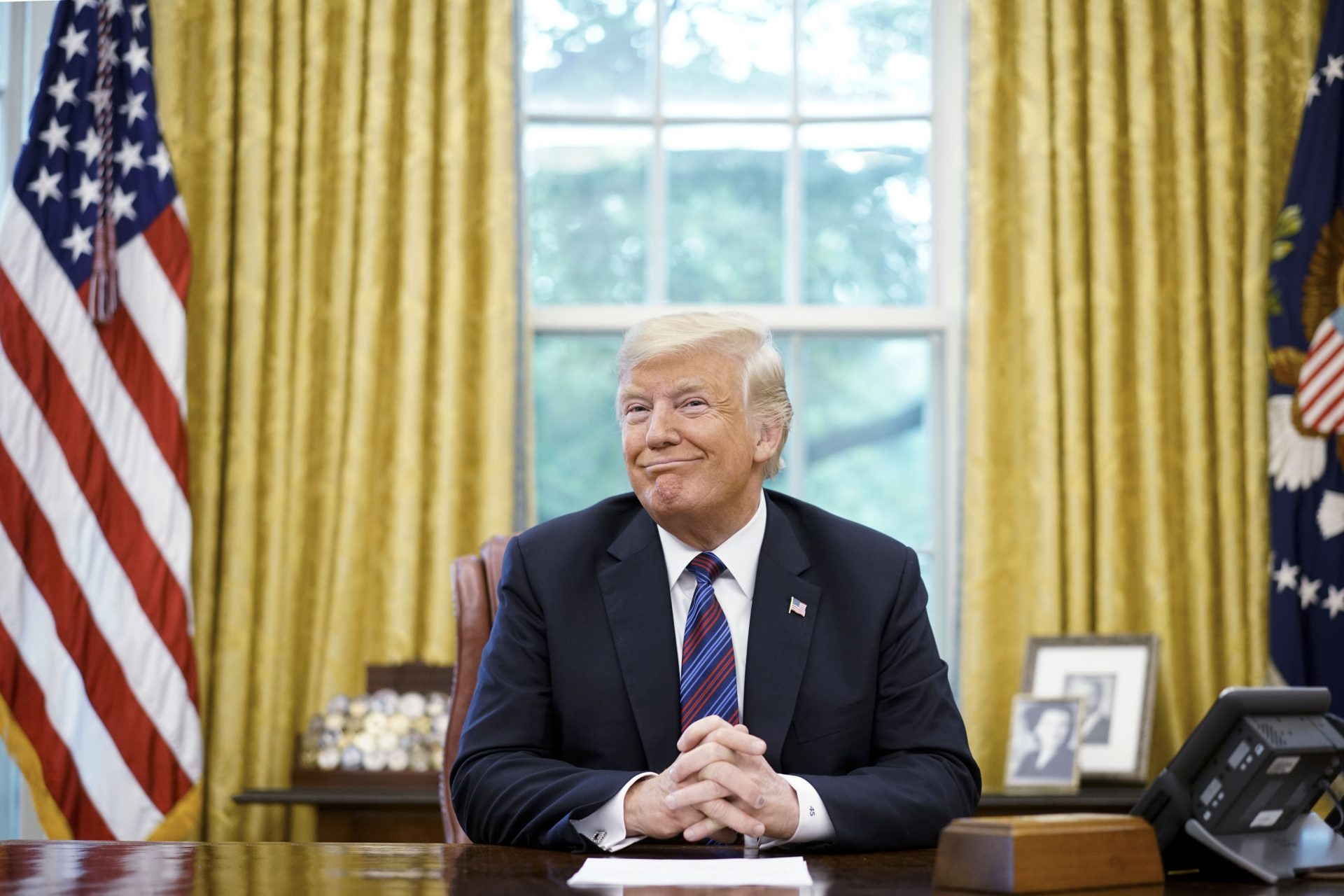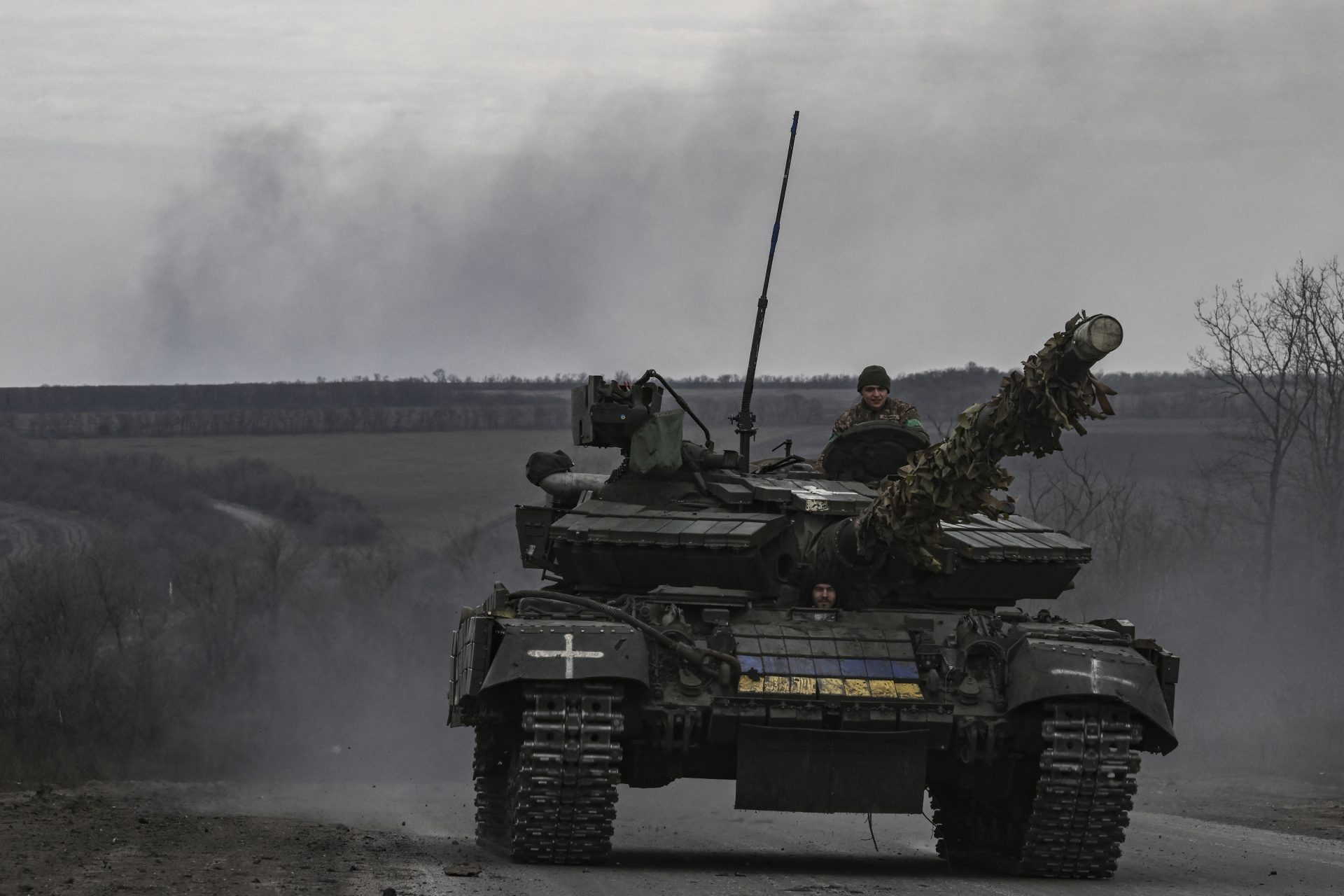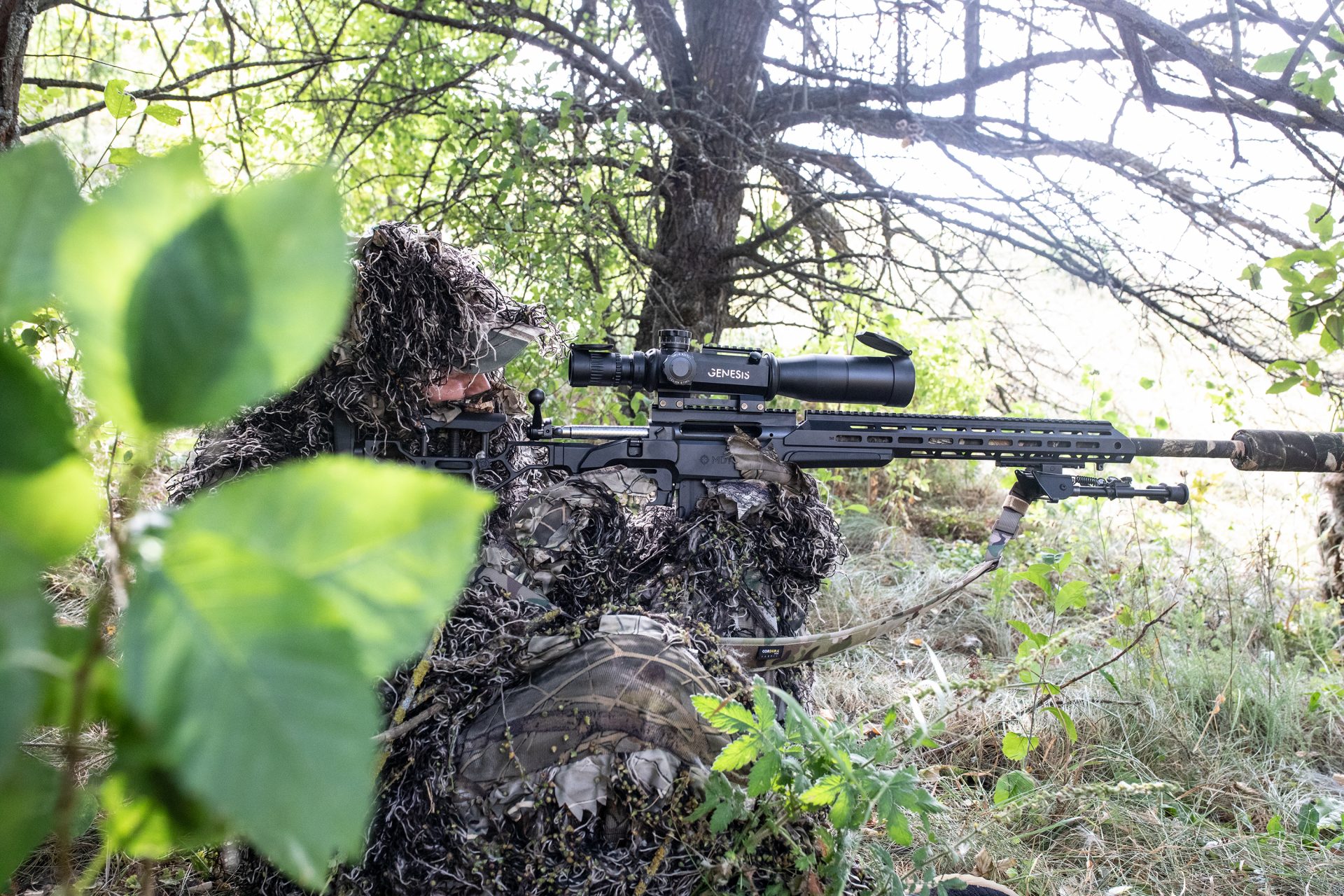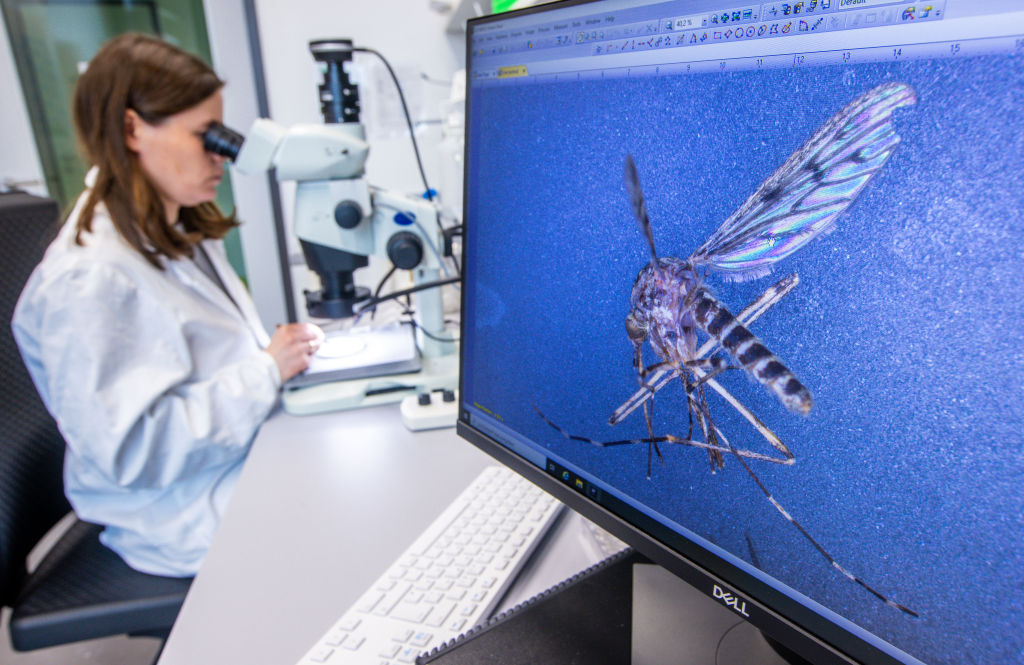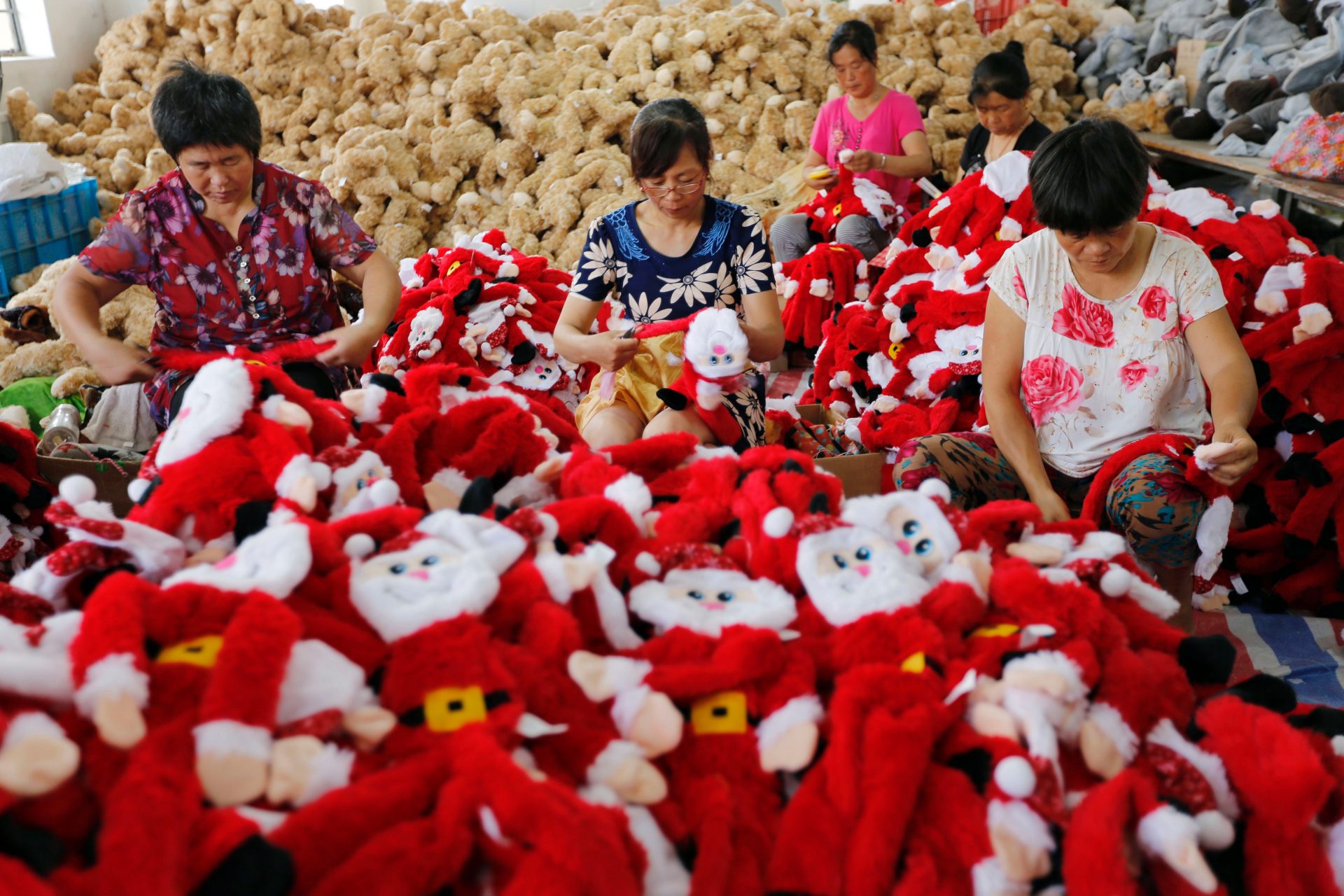What is behind the attempted coup d'état in Bolivia
Bolivia and mainly its capital, La Paz, experienced moments of tension when a group of rebellious soldiers began what the Bolivian president, Luis Arce, defined as an attempted coup d'état.
The military acted under the command of General Juan José Zúñiga, who on Tuesday 25 had been dismissed as head of the Bolivian Army. His statements against former President Evo Morales led to his removal, as the BBC reports.
According to CNN, during the afternoon, the military began to close the entrances to Plaza Murillo with barricades and tanks. This square in La Paz houses the offices of the Executive and Legislative branches. The rebels managed to break down the door of the Quemado Palace and access the old headquarters of the government.
While the military acted, the Bolivian president, Luis Arce, gave a speech on television calling on the population to react. Surrounded by his ministers, Arce said: "We want to urge everyone to defend democracy and here we are in Casa Grande with the entire cabinet, with our social organizations. We salute you, the social organizations, and we cordially invite you to show again democracy to the Bolivian people".
As reported by El País, Arce also appointed General José Wilson Sánchez as the new head of the Army. "I ask, I command, I order that all personnel who are on the streets must return to their units," Sánchez said as soon as he took office. The troops demobilized and began to withdraw from Plaza Murillo.
The rebellious general Juan José Zúñiga was arrested and tried to implicate the current president Arce in the coup. According to the BBC, during his arrest Zuñiga said: “On Sunday at La Salle school I met with the president and the president told me that 'the situation is very f*****d up, this week is going to be critical.' Then it is necessary to prepare something to raise my popularity."
Zuñiga had been removed from his position as head of the Army this Tuesday after statements against a possible re-election of former president Evo Morales. "If necessary, I will not allow him to trample on the Constitution, to disobey the mandate of the people," Zúñiga said in a television interview, threatening to arrest Morales.
The relations between Evo Morales and Luis Arce, who were once allies, are not as good as they once were. While Morales says Arce is trying to take the leadership of the Movimiento al Socialismo party, the current Bolivian president accuses Morales' followers of a “soft coup” that aims to “shorten presidency terms,” the BBC reports.
Amid political instability, Bolivia is also suffering an economic crisis, with shortages of dollars and fuel. The Government accuses Evo Morales' followers of leading the social protests, but the sectors involved deny it, according to El País.
The attempted coup in Bolivia had international repercussions and generated condemnation from various heads of State, mainly in Latin America. López Obrador, from Mexico, Gustavo Petro, from Colombia and Lula da Silva, from Brazil, were some who demonstrated their support for President Luis Arce. "We condemn any form of coup d'état in Bolivia and reaffirm our commitment to the people and democracy of our fellow country, presided over by Luis Arce," Lula stated.
More for you
Top Stories



